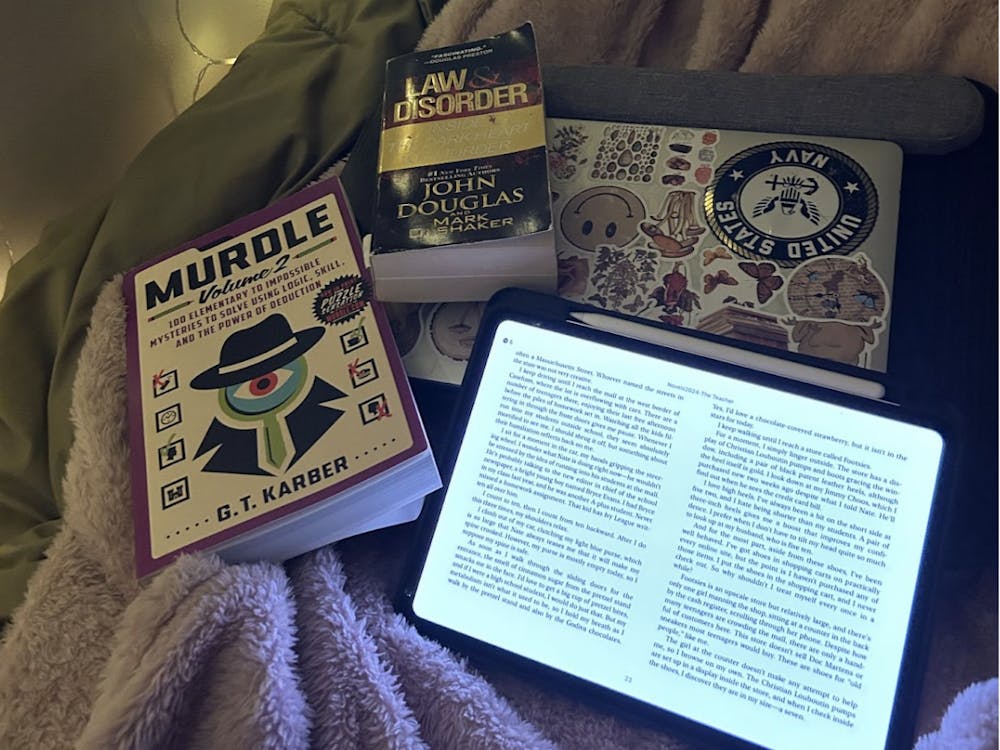Designed to be a classic monster film reboot, Dracula Untold tells the story of how Count Dracula came to be viewed as a terrorizing monster of folklore. While ambitious and interesting in theory, the film unfortunately fails to bring anything fresh or interesting to the table.
We’ve often heard stories describing the illustrious and insidious Count Dracula, Transylvania’s vampiric tyrant. Based on the historical Vlad III Țepeș (better known as Vlad the Impaler), infamous for impaling men on stakes in order to unsettle and disturb invading armies, this Dracula remains well-known for swooping down upon the unwary, seducing them with his otherworldly charm and then draining their blood for his own sustenance.
While he has terrorized many Transylvanian towns over the years, were you aware that all this time he was simply an ordinary misunderstood man? Did you know he acquired his demonic powers with the aim of protecting his family? Did you know he had the personality of a shoe, except with none of the soul? I did not until Dracula Untold took this perspective of the popular folklore. The film suffers from lazy writing at times and ultimately leaves the audience feeling that the film is not bad so much as empty and soulless, like the vampire it attempts to vindicate.
Told from the perspective of the titular count’s son, the film opens with a brief glimpse into the childhood and upbringing of the main character Vlad (Luke Evans), including some references to the historical Vlad the Impaler. A Turkish sultan attempts to create a legion of morally depraved supersoldiers by taking in young boys to train and indoctrinate, hoping to make them utterly loyal and ruthless. Vlad is one of the boys he takes in but who manages to escape this fate when he suddenly becomes Prince of Transylvania.
One day Vlad and a group of soldiers find a vampire in a hidden enclave but are unable to combat him. However, when the Turkish Sultan arrives in Vlad’s kingdom demanding Vlad’s child be taken as a soldier, Vlad returns to the vampire to take on a curse in order to gain the power to protect his family. This curse comes at a price: If he succumbs and drinks human blood within three days, he will be doomed to remain a vampire forever. What ensues is a bloody and moralistic struggle as Vlad fights to retain his humanity while using his newfound power to rally forces and defend those he loves.
This story holds so much potential that it is almost criminal that it fails to live up to it in almost every way. Despite Evans’s excellent acting as Dracula, the film doesn’t give him anything particularly interesting to do, which is odd given the complexity of the plot. The film appears to offer two conflicts which ought to counterbalance each other: the struggle to protect one’s family and the struggle to fend off the temptations of godlike power. These problems are deeply intertwined and doom the individual who must balance them. Theoretically, this should create tensions within the character and force him to combat himself as well as the enemy. However, rather than the film presenting a compelling and morally gray conflict, this struggle remains unexplored.
Vlad never faces any sort of temptation, nor does he experience any personal crisis through the use of his newfound powers. The idea of there being a threat to humanity is offered by the plot, but it is never truly explored and is only rarely mentioned. The audience is left with essentially a godlike being who unleashes demonic wrath on his pitifully underpowered enemies for roughly three quarters of the film. As you can imagine, that doesn’t leave much in the way of suspense or drama. If the main character cannot be in proper danger and faces no interpersonal conflict, there is little the film can do to make the audience feel emotionally invested. For a film that attempts to be a tragic character drama, it fails on a fundamental level.
Dracula Untold also suffers from overuse of its main character. While the story is admittedly Vlad’s story, Vlad lacks any sort of meaningful personal conflict. Unfortunately, the remainder of the cast offer extremely little in the way of distracting the audience from this central issue. Sarah Gadon and Dominic Cooper offer passable performances as Vlad’s wife and the Turkish Sultan, respectively, but neither have particularly compelling or developed characters. One is a relatively generic romantic lead, the other a generic cruel antagonist. Neither behaves in a manner even remotely surprising, and neither offer anything to the story that a generic cardboard cutout could not. They serve their roles adequately but do not offer anything worthy of praise.
In summary, this film is serviceable. While not overtly bad (there are some interesting action sequences), the film simply lacks any sort of compelling narrative. The characters aren’t conflicted, they face little in the way of obstacles and any threats they face are swiftly and promptly dealt with.
As an origins story, this film has an obligation to its audience. The audience should be given a reason to care about why the protagonist is the way he is. Due to the lack of compelling structure and narrative, the film fails on both counts. It leaves viewers with a husk of a film, one drained of all the blood which may have given it life.
Overall rating: 2.5/5




